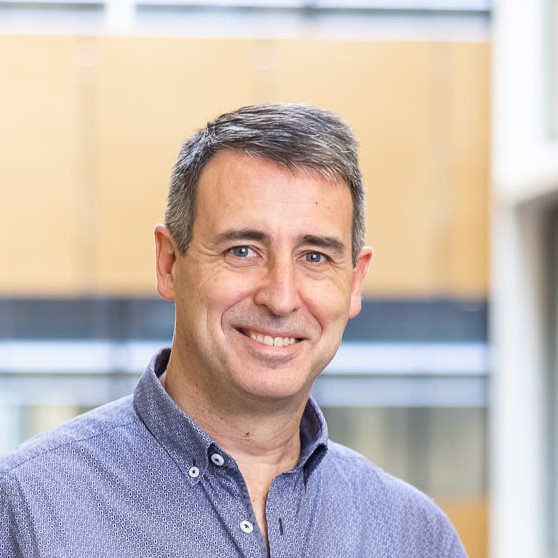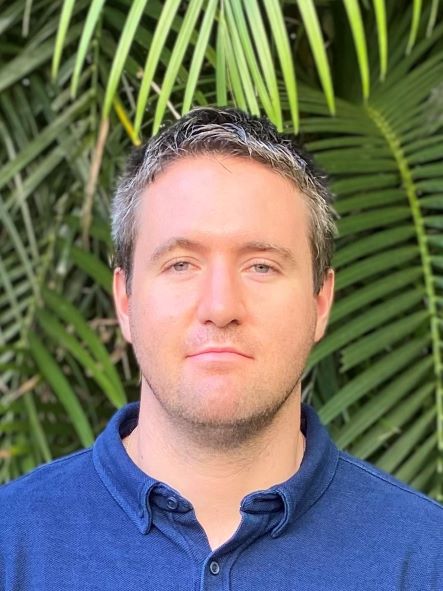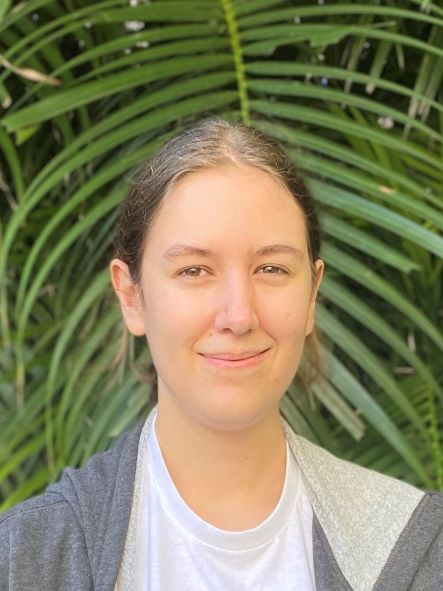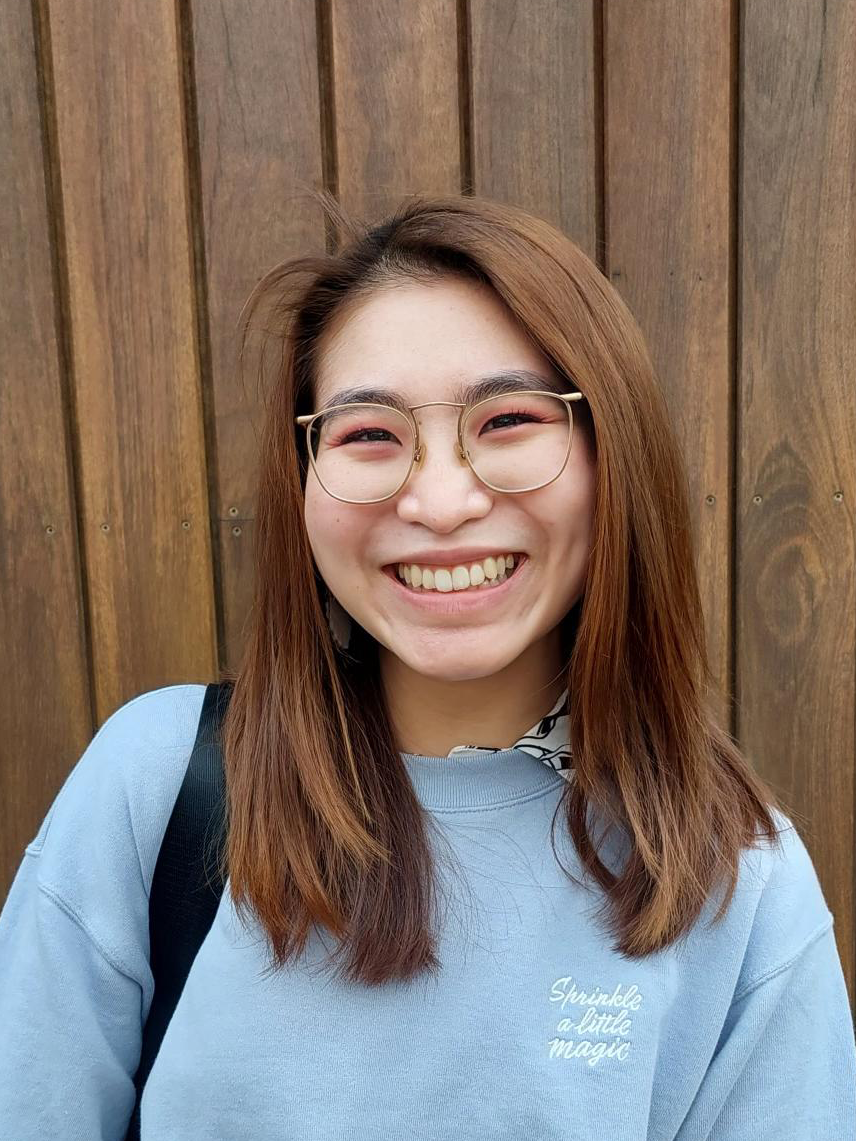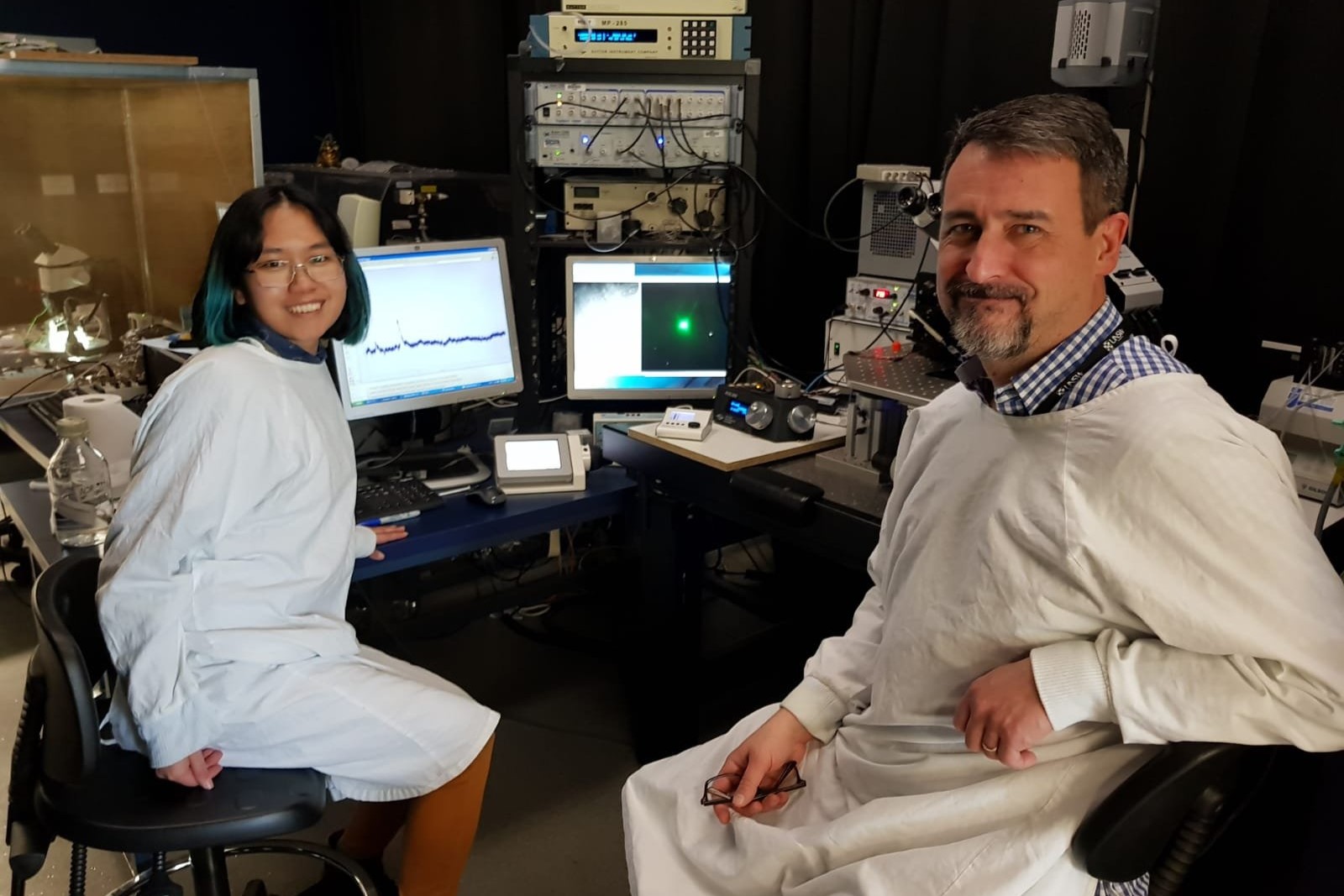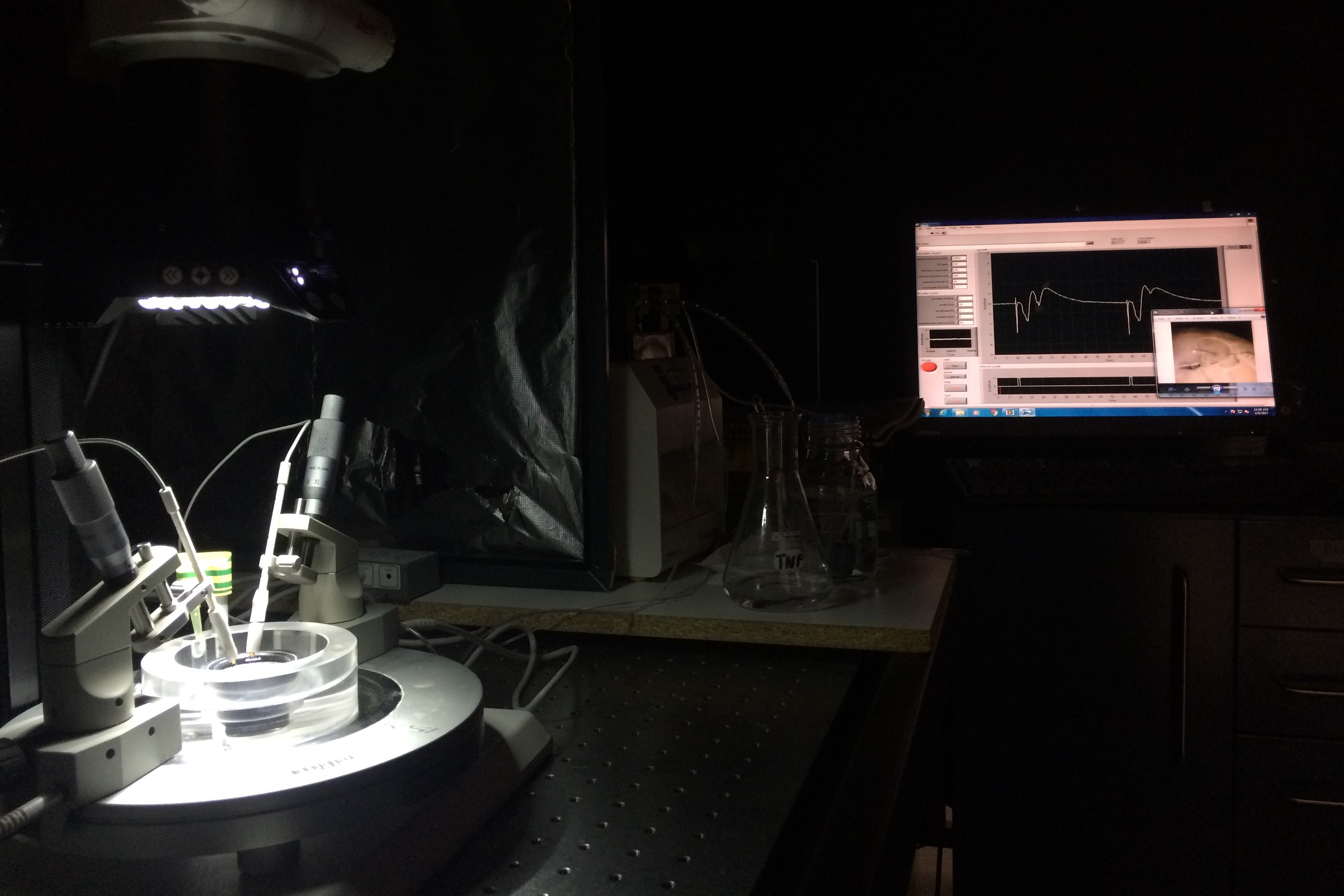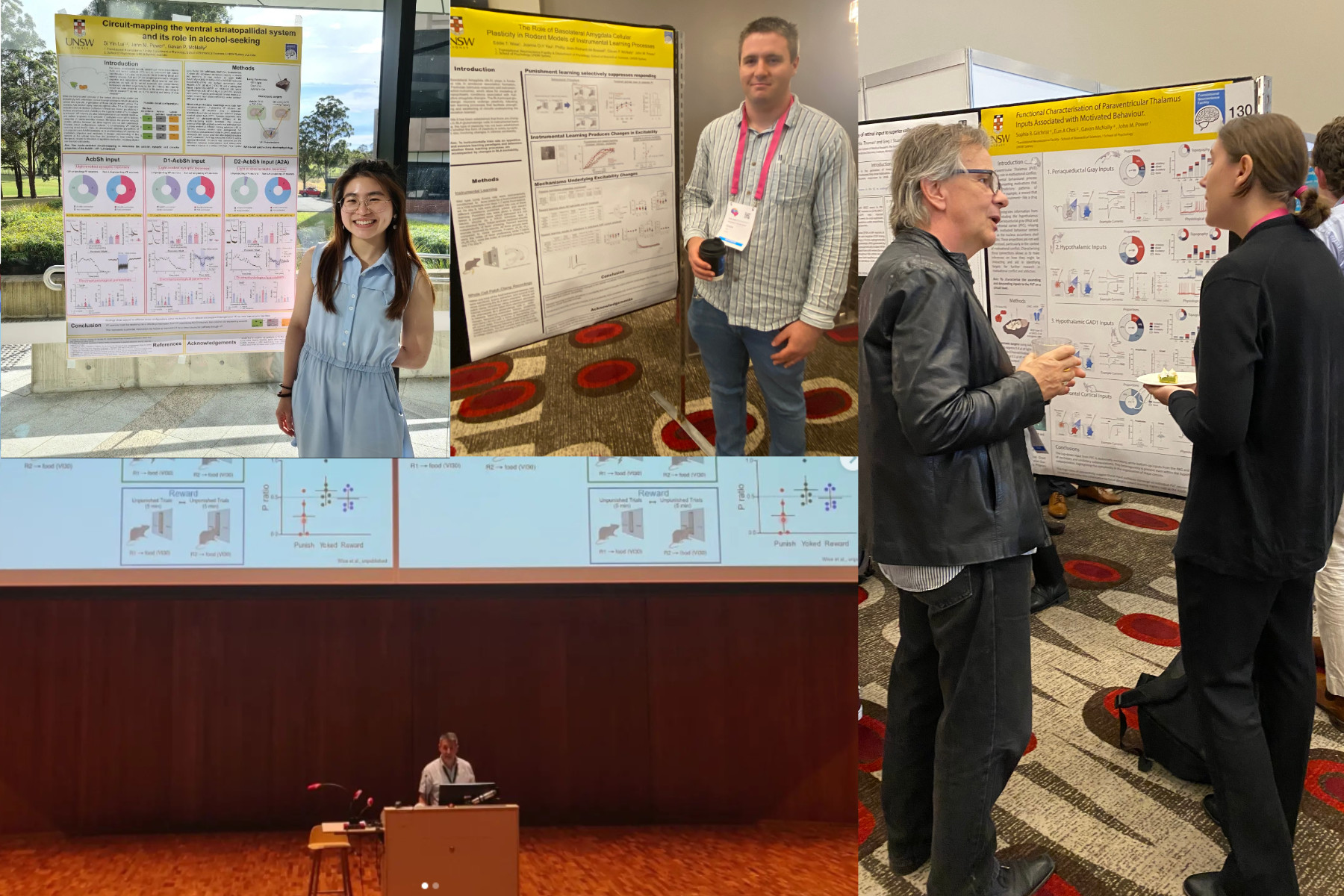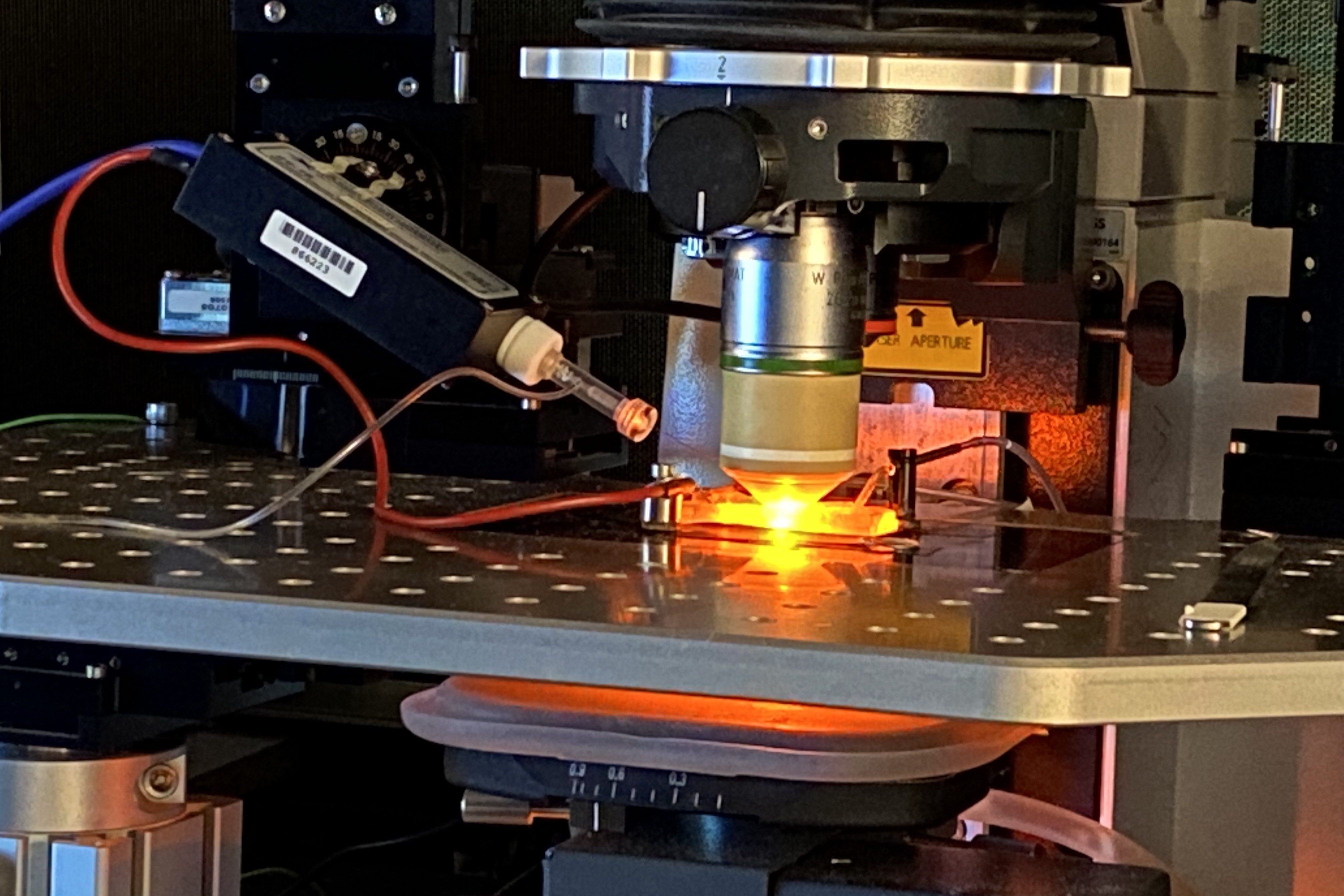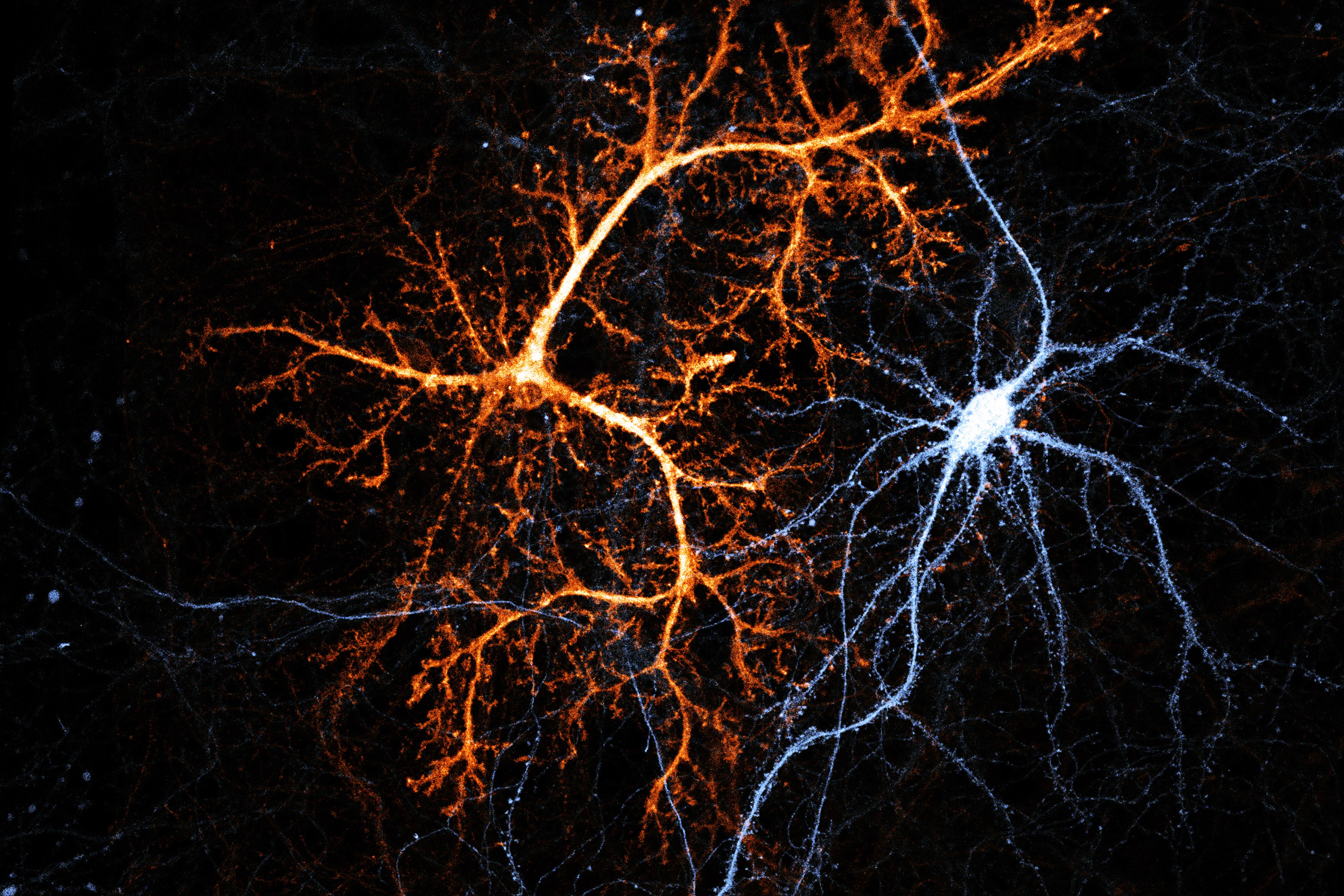ABOUT US
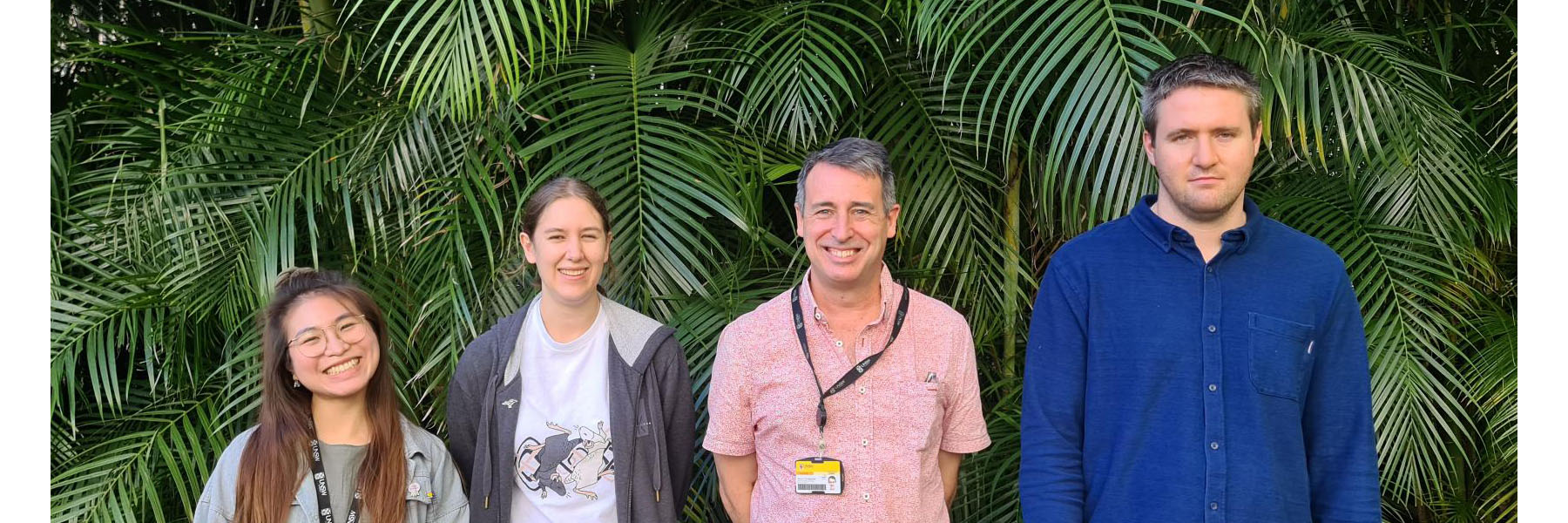
Our Group
examines how changes in neurons and their connections mediate learning. We focus on motivated learning which underlies addiction and associated behaviours. This work complements Psychology collaborators who investigate the behavioural effects of manipulating these circuits.
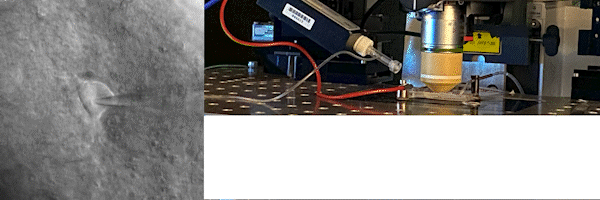
Our Research
uses a combination of advanced neurophysiological techniques including electrophysiology, optogenetics, and fluorescent calcium imaging to determine how brain regions involved in motivated behaviours are connected on a cellular level, and how learning or drugs of abuse changes these connections.
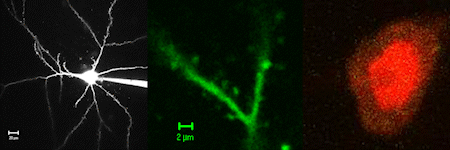
Our Goal
is to identify and validate therapeutic targets for the treatment of the aberrant learning processes that underly conditions such as addiction, obesity, and post traumatic stress disorder. Ultimately, we hope to use our knowledge of the underlying connections to modify circuits to support abstinence and reduce to risk of relapse.
